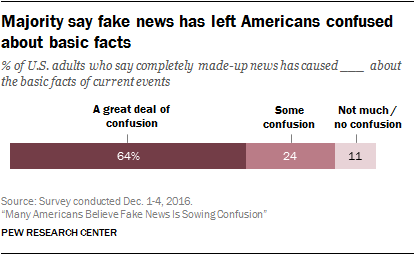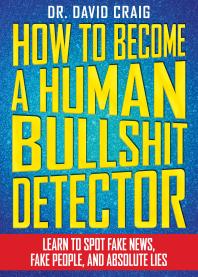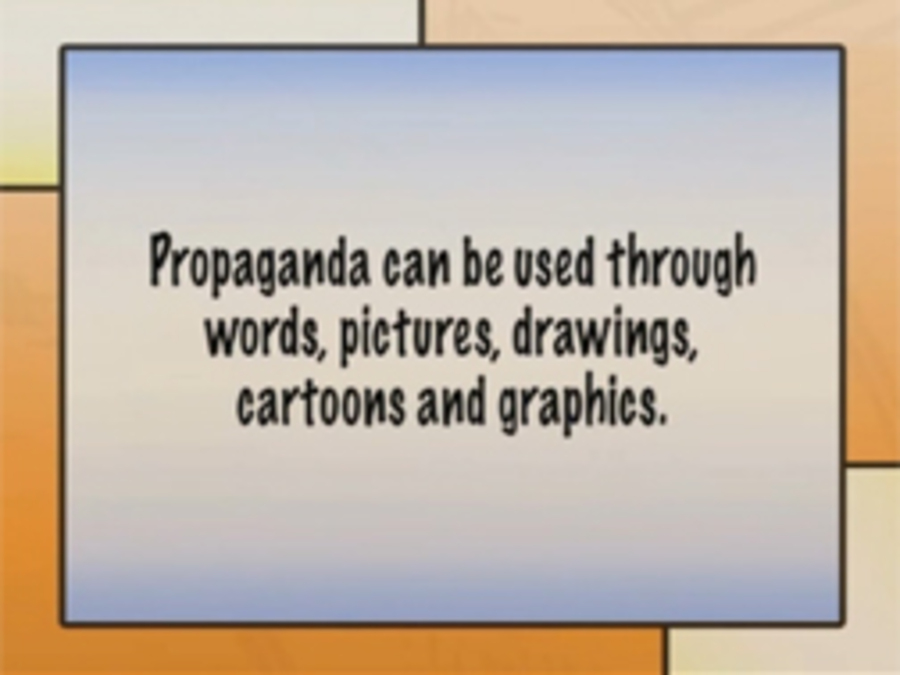These are things to look at that can help you determine if you are reading or watching fake news.
Is the source of the news story a known legitimate news outlet? Is it from a news source that is also available as broadcast news or an online or print magazine?
Does the author of the news story have an agenda? Are they associated with a special interest group? 3. Documentation Are sources given in the story? Can you find the sources cited to verify the information? Do individuals interviewed as sources have some kind of expertise on the topic, such as their profession, education or were they a witness to the news event?
Do the conclusions that the news story comes to about the topic line up with other sources on the topic? This is actually the most important piece since fake news sources may also fake credentials, documentation, etc.
Fake news sites are notorious for creating names similar to legitimate news sources to make their stories seem credible.
The sites below have more tips on how to spot fake news stories
Fake news would not be a problem if people knew it when they saw it. It matters because most people have trouble identifying fake news.
A Pew Research study (link below) showed that 64% of Americans had a great deal of confusion with an additional 24% having some confusion. That's a lot!

 Go to A-Z Databases: Books & eBooks to search for more eBooks. Must be on campus or login with your COM account for off campus access.
Go to A-Z Databases: Books & eBooks to search for more eBooks. Must be on campus or login with your COM account for off campus access.
Want more on finding books or eBooks? Try our How to Use Books & eBooks guides.
 How to Become a Human Bullshit Detector: Learn to Spot Fake News, Fake People, and Absolute Lies
Lying is a normal part of human communication and is sometimes necessary to protect someone’s feelings. At the same time, there are also malicious lies meant to deceive, cheat, and defraud. Especially in today’s world, in which technology, media, and the government have blurred the lines between fact and fiction, you can’t always rely on what comes out of someone’s mouth or what you see on the internet or television. It doesn’t take mind-reading superpowers to be able to tell when someone is lying—but it does take special skills and a little practice. In How to Become a Human Shit Detector, international expert in undercover operations Dr. David Craig provides readers with an easy-to-follow guide on applying lie-detection skills to your everyday life. From the simple skills of bargaining, making a purchase, or dealing with children, to the more serious business of negotiating a contract, identifying infidelity, or understanding lies in politics, Craig delivers simple but effective tips and techniques we can all use to see behind the façade and find our way to the truth. The culmination of more than twenty years of practical criminology and hundreds of hours of academic research, this book is the premier guide to the art of lie-detecting. Split into three parts, the book looks at understanding lies and how to detect lies, and it includes an easy reference section that summarizes all the main points. The mystery of what a person is really thinking is finally unlocked in this fascinating and informative book.
How to Become a Human Bullshit Detector: Learn to Spot Fake News, Fake People, and Absolute Lies
Lying is a normal part of human communication and is sometimes necessary to protect someone’s feelings. At the same time, there are also malicious lies meant to deceive, cheat, and defraud. Especially in today’s world, in which technology, media, and the government have blurred the lines between fact and fiction, you can’t always rely on what comes out of someone’s mouth or what you see on the internet or television. It doesn’t take mind-reading superpowers to be able to tell when someone is lying—but it does take special skills and a little practice. In How to Become a Human Shit Detector, international expert in undercover operations Dr. David Craig provides readers with an easy-to-follow guide on applying lie-detection skills to your everyday life. From the simple skills of bargaining, making a purchase, or dealing with children, to the more serious business of negotiating a contract, identifying infidelity, or understanding lies in politics, Craig delivers simple but effective tips and techniques we can all use to see behind the façade and find our way to the truth. The culmination of more than twenty years of practical criminology and hundreds of hours of academic research, this book is the premier guide to the art of lie-detecting. Split into three parts, the book looks at understanding lies and how to detect lies, and it includes an easy reference section that summarizes all the main points. The mystery of what a person is really thinking is finally unlocked in this fascinating and informative book.
![]() Try these videos to get started. Must be on campus or login with your COM account for off campus access.
Try these videos to get started. Must be on campus or login with your COM account for off campus access.
Want more on finding media? Try Articles & Media.


Pulitzer Prize winning PolitiFact takes on fake news to help readers better sort out fact from fiction on their social media feeds.
Is it true? Submit a rumor to Snopes or go to their Fact Check to find out. You can also report fake news to Snopes when you see it: Submit a Rumor
Here is the latest from Snopes.
These sites collect and review news stories. Use then to see if the story you are wondering about is true.
© 2024 COM Library
1200 Amburn Road, Texas City, Texas 77591
409-933-8448 . FAX 409-933-8030
This work is licensed under a Creative Commons Attribution-NonCommercial 4.0 International License